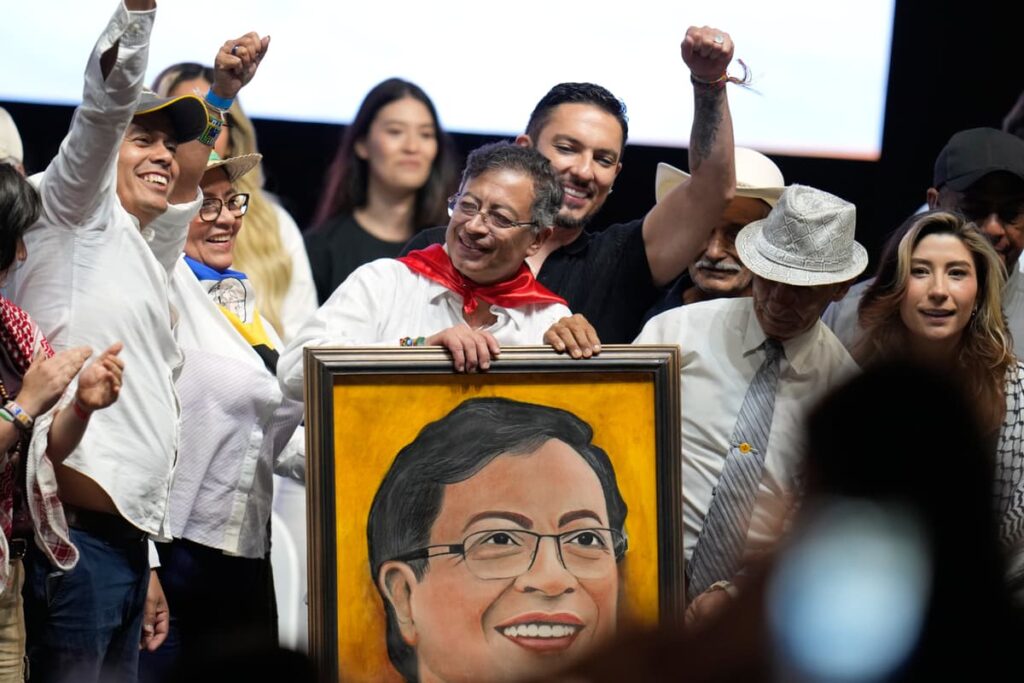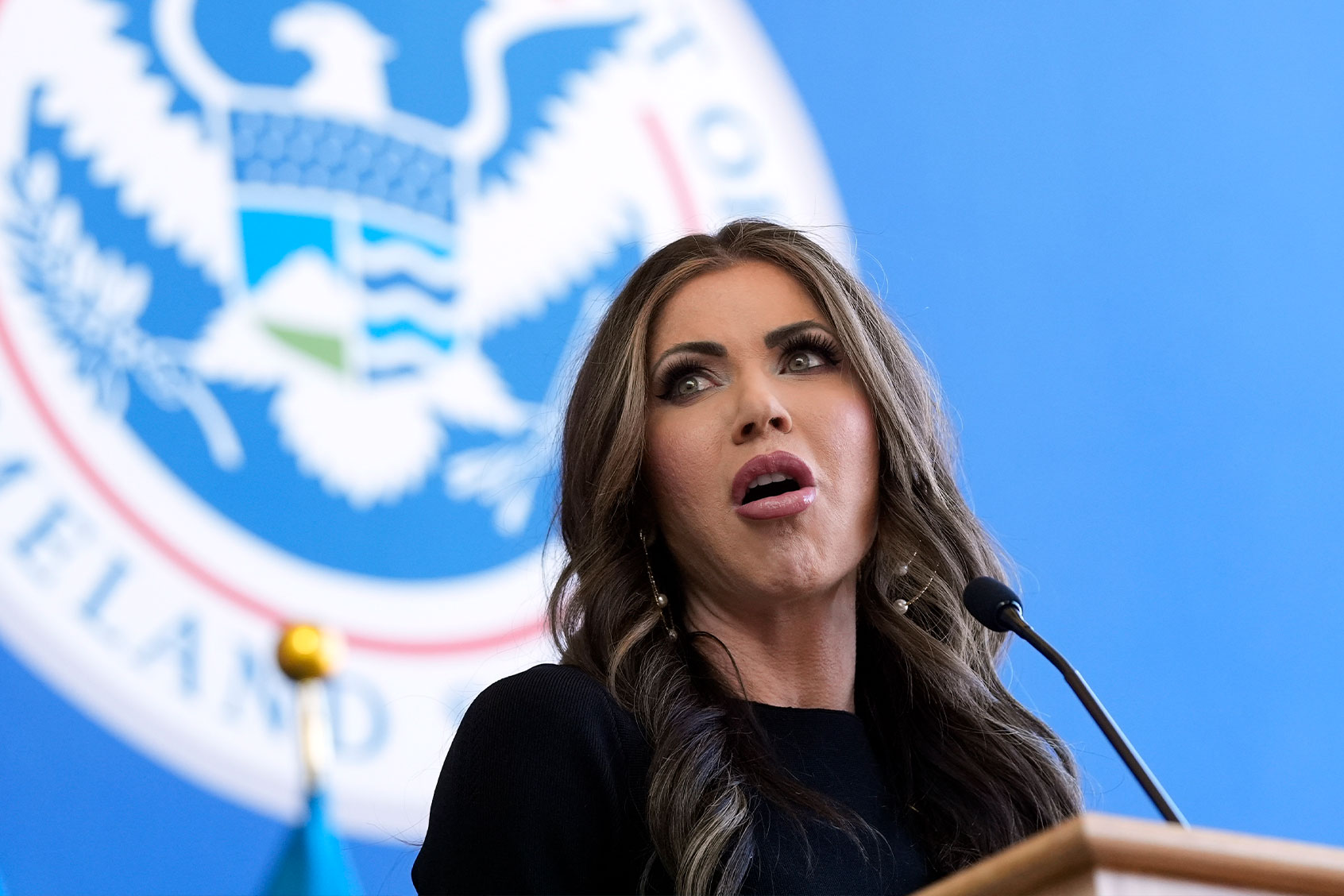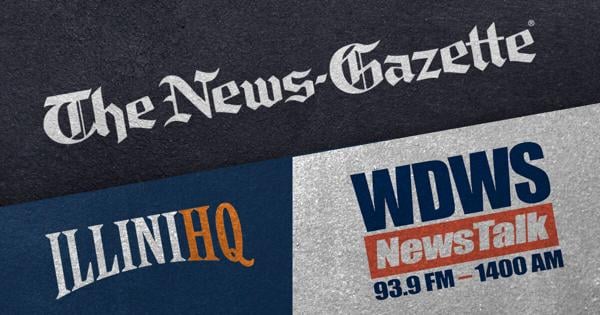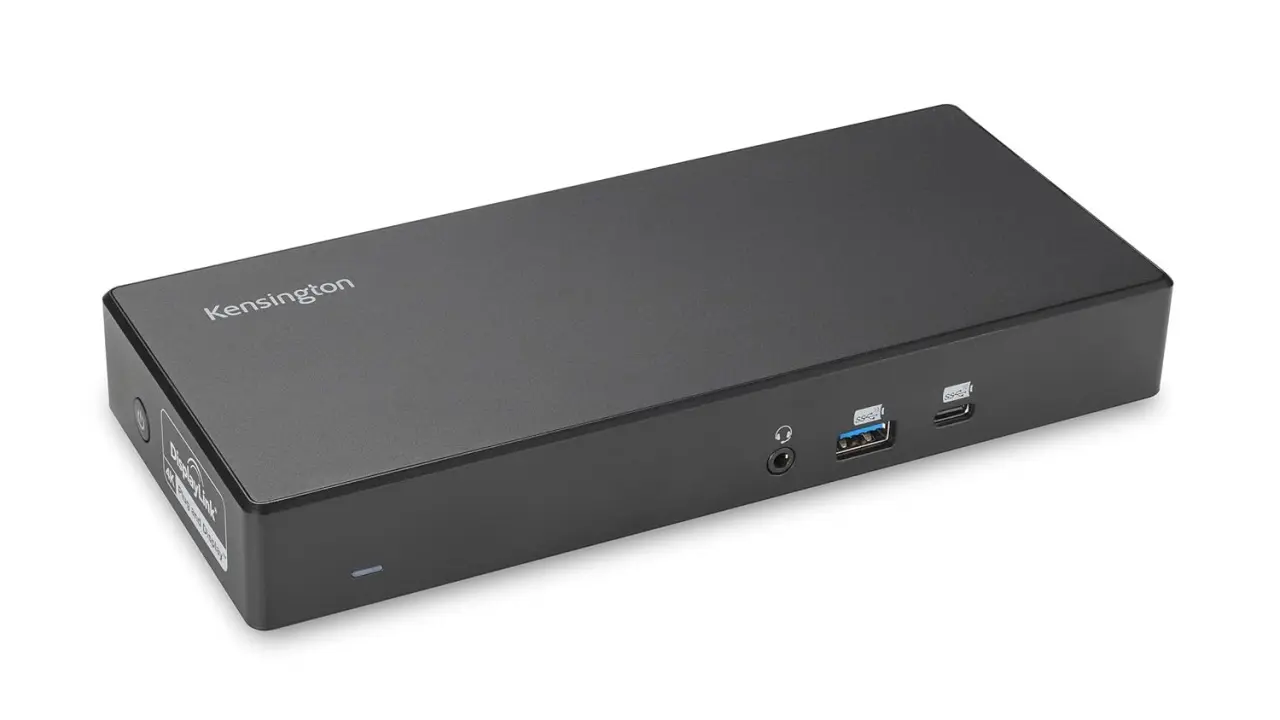
President Donald Trump has announced his intention to withdraw all foreign aid to Colombia, targeting the government’s anti-drug initiatives. This declaration follows escalating tensions with Colombia’s President Gustavo Petro over drug production and trafficking in the country. Trump accused Petro of being an “illegal drug leader” and demanded that he take immediate action to curb the sources of cocaine production.
In a post on Truth Social, Trump stated, “If President Petro does not close up these killing fields immediately, the United States will close them up for him.” The remarks signal a significant shift in U.S. relations with Colombia, a country that receives over $200 million in foreign aid annually, including more than $20 million dedicated to combating drug trafficking.
Tensions between the two leaders have grown since Trump returned to the White House in January 2023. Just a week into his second term, he imposed tariffs, sanctions, and visa restrictions on Colombia after Petro initially refused to accept two flights intended to repatriate migrants. Although Petro later permitted the planes to land, the diplomatic friction continued to escalate.
On October 9, Petro accused Trump of fostering a “war scenario” in the Caribbean through military actions targeting alleged drug-smuggling vessels. He commented, “There is no war against smuggling; there is a war for oil and it must be stopped by the world.” This statement reflects a broader concern in Latin America regarding U.S. military involvement in the region, particularly its implications for sovereignty and safety.
The U.S. Secretary of Defense, Pete Hegseth, recently reported the destruction of a suspected drug-smuggling boat operated by members of the leftist guerrilla group, Ejército de Liberación Nacional. This military action has drawn further criticism from Petro, who emphasized the need for dialogue rather than aggression.
Trump’s comments regarding Petro are particularly striking given the latter’s background as a former leftist guerrilla fighter with the M-19 group. The U.S. President claimed in his social media post that Colombia is responsible for supplying around 90 percent of the cocaine that enters the United States. He criticized Petro for failing to combat drug production effectively, stating, “It has become the biggest business in Colombia, by far, and Petro does nothing to stop it.”
The ongoing diplomatic row took a personal tone when Trump responded to Petro’s accusations that the U.S. had committed “murder” against a Colombian national during a military operation targeting a “drug-carrying submarine.” The operation resulted in two survivors being sent back to Ecuador and Colombia. Petro refuted claims that the U.S. destroyed a drug vessel, asserting that the military had actually targeted a fishing boat in distress, calling the action a violation of Colombian sovereignty.
Colombia’s annual foreign aid from the United States has historically focused on drug control and anti-trafficking efforts. As such, Trump’s threat raises questions about the future of this support and its potential impact on Colombia’s ongoing struggles with drug-related violence and production.
Despite Trump’s pressure, Petro remains steadfast in his position on drug legalization. Earlier this year, he suggested that the global prohibition of cocaine is a result of its production in Latin America, rather than concerns over its safety compared to substances like whiskey. “Cocaine is illegal because it is made in Latin America, not because it is worse than whiskey,” Petro argued.
The fractious relationship between Trump and Petro appears unlikely to improve in the near future. With both leaders holding firm to their positions, the potential for diplomatic resolution seems distant, leaving the future of U.S.-Colombia relations uncertain.







